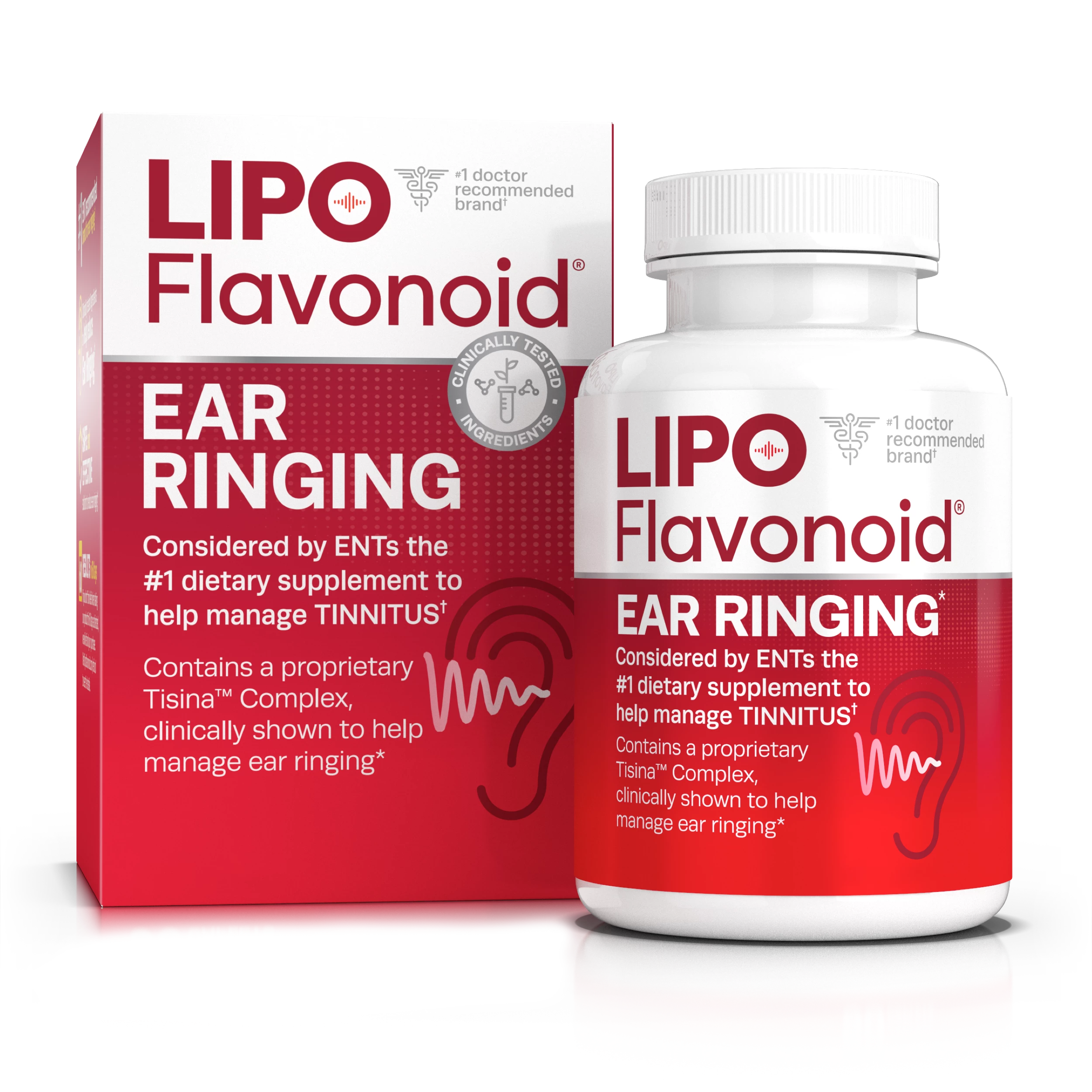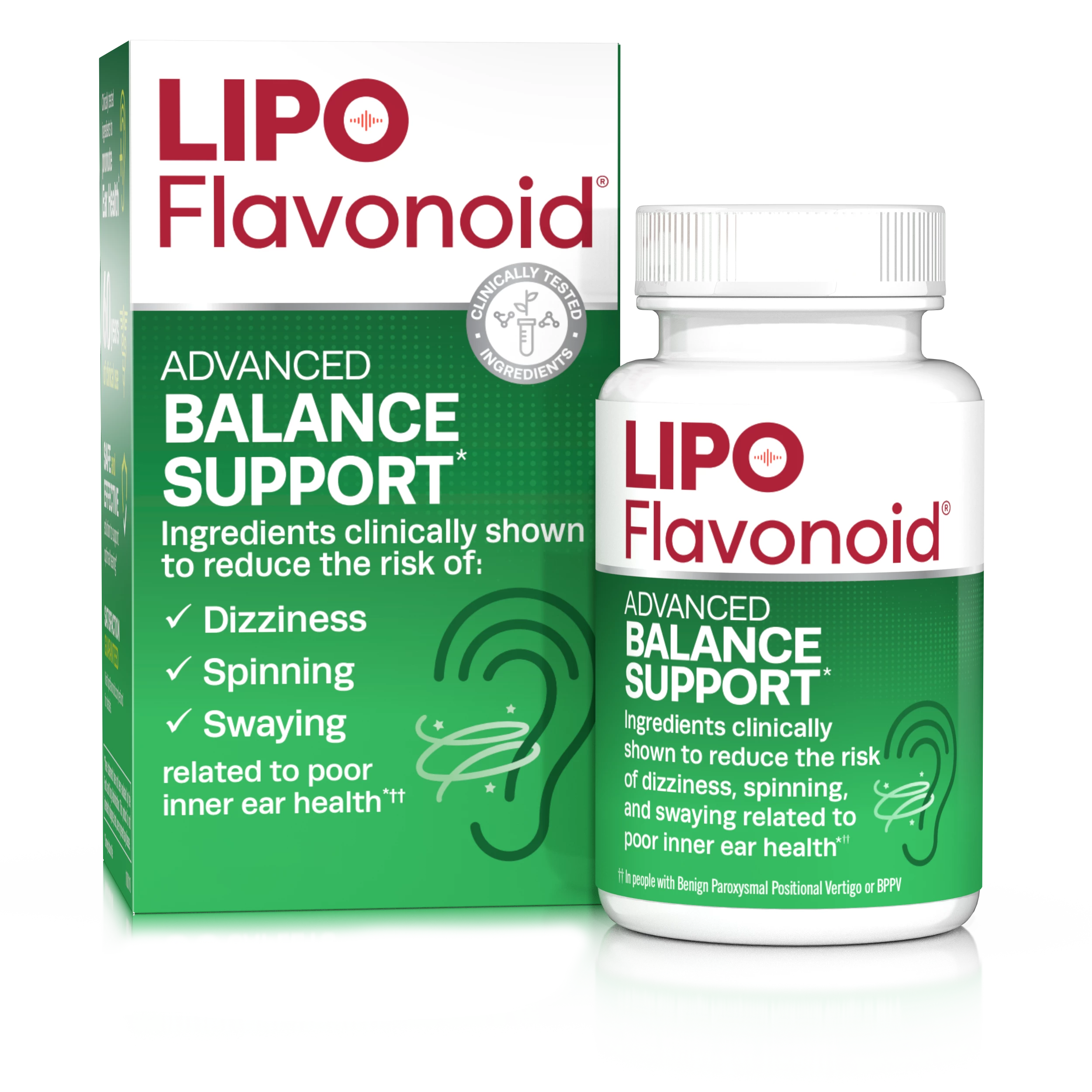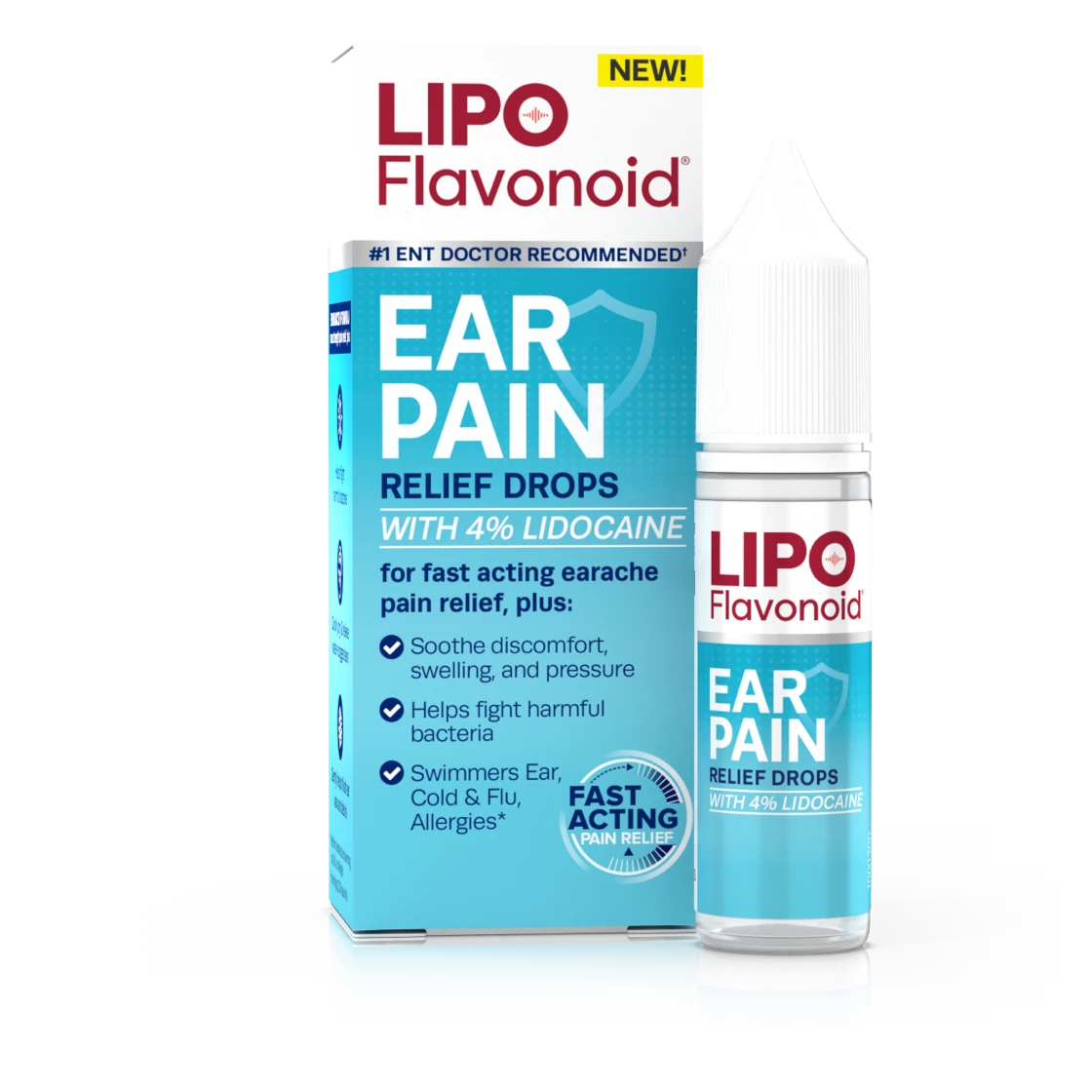Calling All Dentists! Protect Your Hearing & Care for Your Tinnitus
Tinnitus, or ringing in the ears, is known to affect 15% of the U.S. population, with 20 million Americans struggling with burdensome chronic tinnitus and 2 million enduring extreme and debilitating symptoms. To put this in perspective, that’s nearly as many people living with severe tinnitus as people living in the whole city of Houston, Texas!
Unfortunately, among dentists, tinnitus numbers are more prevalent.
According to The Hearing Journal, dentists are twice as likely as the general population to suffer from ringing in the ears. Similarly, the journal Noise & Health reports that among South African dentists, 31.85% have tinnitus and in the United Arab Emirates, 37% of dental professionals have tinnitus. Scientists attribute these high rates to the noise generated by high-speed dental tools, which haven’t really changed much, noise-wise, since they came into wide use in the 1960s. While more and more dental practices are bringing in laser technology, drills have not yet disappeared and dental care-related ear damage continues to be a risk.
So how can dental professionals and their patients protect their ears while also taking crucial care of teeth?
- Use ear protection. This is important because, even if you already have tinnitus, protecting your ears from further trauma can help avoid aggravation of your symptoms and help keep them from getting worse. Whether you’re giving or receiving dental care, you can use earplugs, ear-protecting earmuffs or fitted ear molds to shield yourself from the harsh sounds. Dentists might prefer custom made high-fidelity musicians’ earplugs because they are discreet, comfortable, and don’t negatively impact communications or techniques.
- You know what they say, doctors (and dentists) can make the worst patients. But even medical professionals need check-ups. No matter your job, add hearing tests to your routine medical assessments. It’s important to recognize any hearing changes so that further damage can be prevented and any effects of hearing loss or tinnitus on your life can be mitigated.
- Consider a nutritional supplement to help manage tinnitus symptoms. According to a survey of Ear, Nose and Throat specialists (Otolaryngologists), Lipo-Flavonoid continues to be the #1 recommendation of doctors for relief of ringing in the ears.* Lipo Flavonoid, which includes bioflavonoids and other beneficial ingredients, when taken correctly, can help alleviate the symptoms of ringing in the ears. There’s even a money-back guarantee if you don’t experience relief after 60 days of use as-directed.
Mark your calendar now: March 6th is National Dentist’s Day. Show your dental caregivers how much you appreciate them by sharing this blog!
* Source: April 2018 survey


